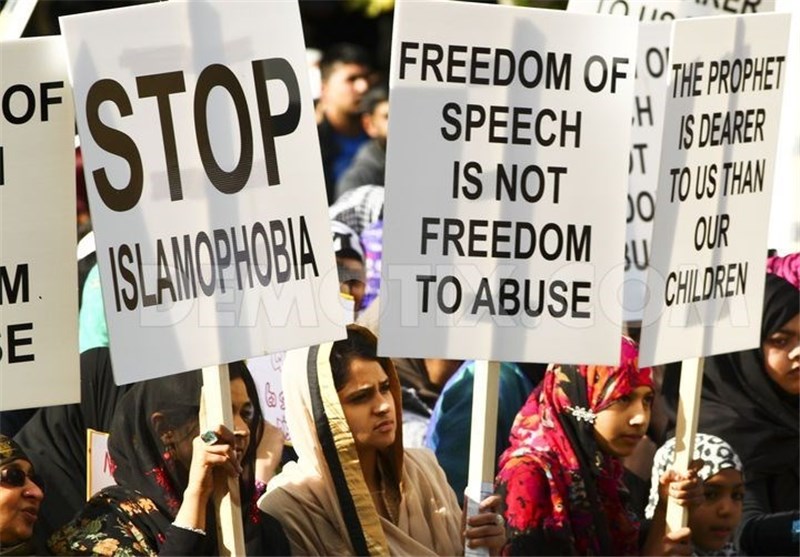
For most Tea Party leaders and supporters, Islam embodies the numerous threats that challenge the permanence of this tradition, and Muslims, whether ‘moderate’ or ‘radical’, are all seen as enemies of the American people.
Anti-Islamic rhetoric is not specific to the TP, and is popular among gatherings and activists who do not always explicitly identify themselves as TP members or supporters. It is very difficult to determine with precision the extent of the Tea Party’s responsibility for each event or declaration that celebrates a rejection of Islam.
However, a number of studies have shown that, while anti-Islamic arguments became increasingly common in the public debate in the years following the attacks of 11 September 2001, the year 2010 marked a clear increase in the numbers of controversies around mosque constructions, of court trials concerning Muslims’ religious freedom and of hate crimes against Muslims.
This suggests that while Islamophobic speech and acts existed long before the birth of the various Tea Parties, the TP’s success has undoubtedly played an important role in the spreading and normalisation of Islamophobic statements and acts.
In places where some of the population had already mobilised against Islam, TP activists tended to rally to their cause. For example, in Murfreesboro, a small town in Tennessee, a heated controversy began in June 2010 when some inhabitants rejected the zoning commission’s decision to authorise the construction of a mosque.
847/940